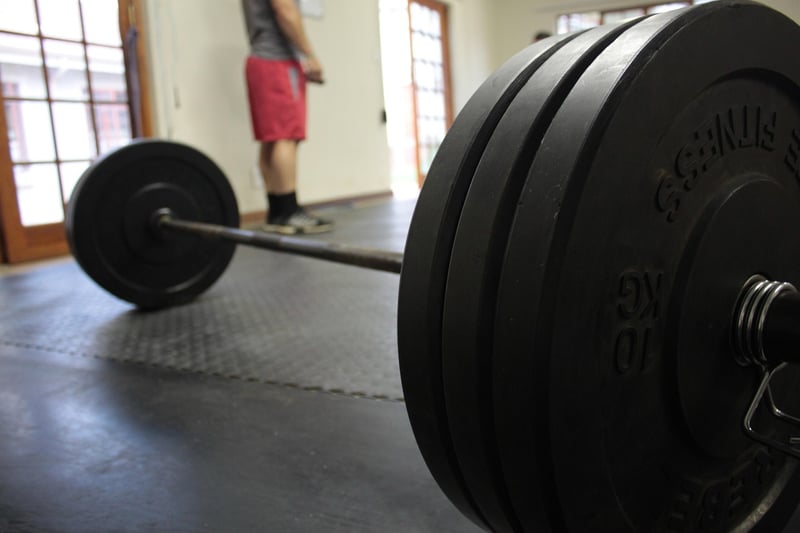Injury Prevention
Enhancing Physical Well-being and Preventing Injuries
Physical well-being is essential for leading a healthy and fulfilling life. It encompasses various aspects of health, including fitness, strength, flexibility, and overall vitality. In addition to promoting overall health, focusing on injury prevention is crucial for maintaining an active lifestyle and preventing setbacks. By incorporating a few key strategies into your routine, you can improve your physical well-being and reduce the risk of injuries.
1. Regular Exercise
Engaging in regular physical activity is one of the best ways to enhance physical well-being. Choose activities that you enjoy, whether it's running, swimming, yoga, or dancing. Regular exercise not only improves your cardiovascular health and boosts your mood but also strengthens your muscles and bones, reducing the risk of injuries.

2. Proper Nutrition
Eating a balanced diet rich in nutrients is essential for supporting your physical health and well-being. Ensure that your meals include a variety of fruits, vegetables, whole grains, lean proteins, and healthy fats. Proper nutrition provides your body with the necessary fuel to perform optimally and aids in recovery after exercise.

3. Warm-Up and Cool Down
Before starting any physical activity, it's crucial to warm up your muscles to prevent injuries. A proper warm-up increases blood flow to your muscles and prepares your body for exercise. Similarly, cooling down after a workout helps reduce muscle soreness and stiffness. Incorporate dynamic stretches and gentle movements into your warm-up and cool-down routines.
4. Strength Training
Building strength through resistance training not only improves muscle tone and definition but also enhances joint stability and reduces the risk of injuries. Include a mix of bodyweight exercises, free weights, and resistance bands in your strength training routine to target different muscle groups and improve overall strength.

5. Listen to Your Body
One of the most important aspects of physical well-being is listening to your body and recognizing its signals. Pay attention to any pain, discomfort, or fatigue during exercise. Pushing through pain can lead to injuries, so it's essential to know when to rest and when to seek professional advice if needed.
6. Stay Hydrated
Proper hydration is key to maintaining physical well-being and preventing fatigue and muscle cramps. Drink an adequate amount of water before, during, and after exercise to support your body's functions and promote recovery. The general recommendation is to aim for at least 8-10 glasses of water per day.

By incorporating these strategies into your daily routine, you can enhance your physical well-being, boost your fitness levels, and reduce the risk of injuries. Remember that consistency is key, and listening to your body is paramount in maintaining a healthy and active lifestyle.
Stay active, stay healthy!
